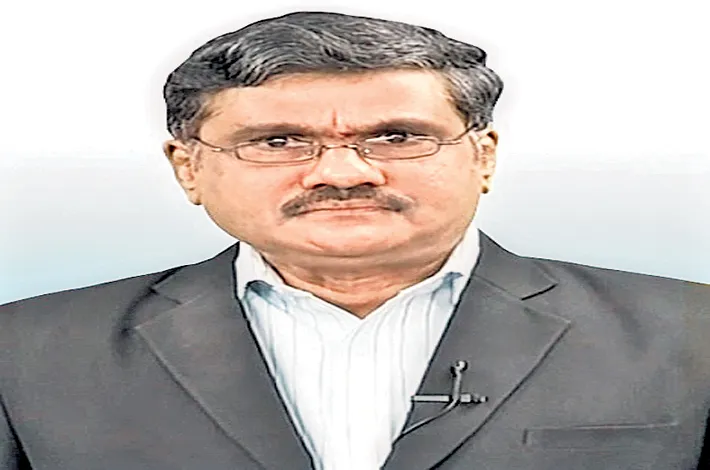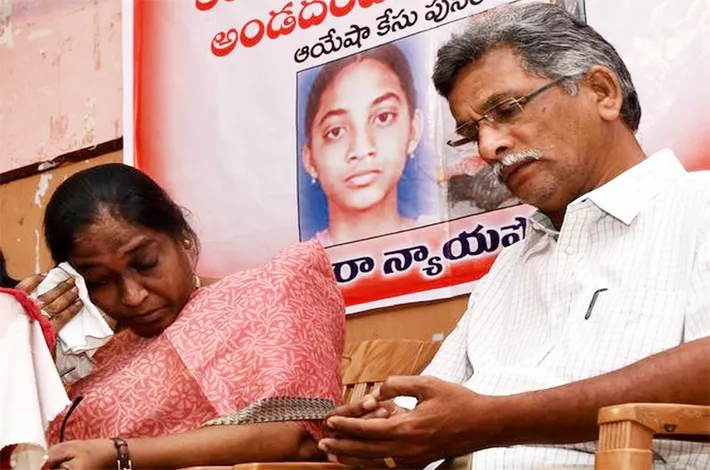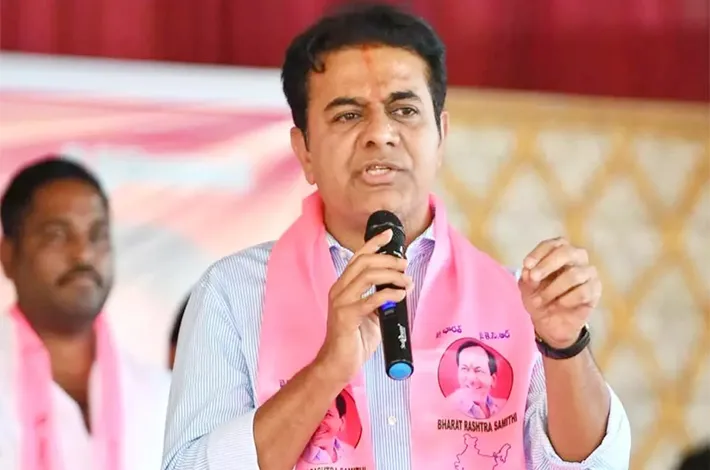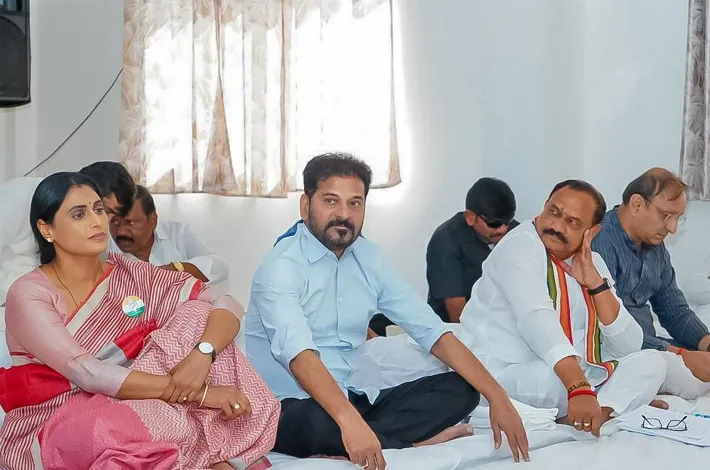Good bye SAARC, hello BIMSTEC!
19-05-2025 12:00:00 AM

The stagnation of the South Asian Association for Regional Cooperation (SAARC) in recent years has highlighted the need for alternative frameworks due to its limited effectiveness. As a result, India’s trade engagement with SAARC has shown inconsistent growth: the export share rose from 6.88% in 2015–16 to 7.97% in 2021–22 but then declined to 6.11% in 2022–23 and further to 5.78% in 2023–24. Similarly, imports increased slightly from 0.76% in 2015–16 to 0.81% in 2021–22 before dropping to 0.66% by 2023–24.
In light of these trends and India’s ambition to become the third-largest economy and a developed nation by 2047, it is imperative to explore new avenues for regional integration, notably the Bay of Bengal Initiative for Multi-Sectoral Technical and Economic Cooperation (BIMSTEC).
Established on June 6, 1997, BIMSTEC comprises India, Bangladesh, Bhutan, Myanmar, Nepal, Sri Lanka, and Thailand—seven nations representing about 1.7 billion people and a combined GDP of $5.2 trillion as of 2023.
BIMSTEC has emerged as a dynamic platform with the potential to foster deeper regional cooperation. In 2023, the total trade value among BIMSTEC nations reached $1,863.36 billion (ITC Trade Map). Intra-regional trade has expanded significantly from $4.8 billion in 2000 to $35.96 billion in 2022 and further to $44 billion in 2023–24, reflecting the growing importance of the bloc.
According to CII 2024, among India’s trade partners within BIMSTEC, Thailand leads with a trade volume of $17.29 billion, followed by Bangladesh ($15.83 billion), Nepal ($9.43 billion), Sri Lanka ($7.38 billion), Myanmar ($1.80 billion), and Bhutan ($1.36 billion). Although India currently faces a trade deficit with Thailand, the bloc’s structure enables smaller member nations to access the robust markets of India and Thailand, promoting inclusive economic growth across the region.
To reduce disparities, BIMSTEC should adopt a strategic approach focused on sectoral strengths, infrastructure alignment, capacity building, and targeted investments to create a more balanced trade environment.
Dr. Tamma Koti Reddy, Professor and Dean, ICFAI School of Social Sciences, IFHE Hyderabad








